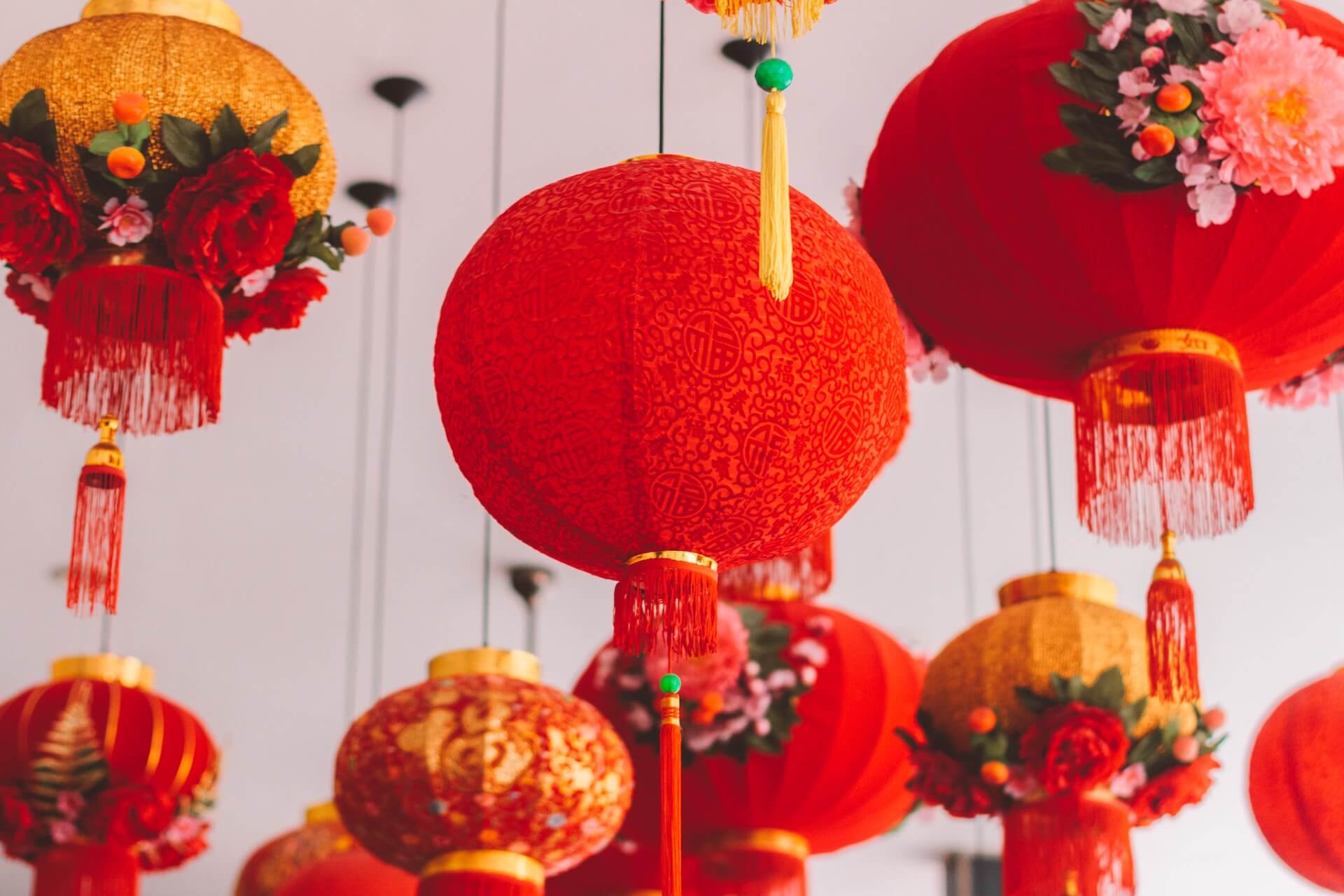



The Best Books for Understanding the Chinese Culture
We thought it would be fitting given Chinese New Year is around the corner, to talk about the best books for understanding Chinese culture. There are many great books out there that cover Chinese history, politics, society, and culture. For the scope of this particular list, we have chosen to focus on a portion of books that have been published in the English language, but there are many written and/or published in various other languages. We hope you find one that piques your curiosity!
Tandem is not only for those on a language learning journey but also for those brave nomads and travelers out there. Speak the language of the locals and meet new people in the country you are traveling to. Download the Tandem app now to connect with people all across the world!

1. Forgotten Ally: China’s World War II, 1937-1945
By Rana Mitter
World War II was pivotal in shaping China’s worldview. Historian and Author Rana Mitter uncovers China’s past of resistance, invasion, destruction, and political intrigue. Mitter’s focus is to deliver a true understanding of China’s wartime experience which had previously gone virtually unwritten. This book is an indispensable guide to modern-day China and its relationship with the West. It has rightly gone on to be named Book of the Year by both The Economist and the Financial Times.
2. Let 100 Voices Speak: How the Internet is Transforming China and Changing Everything
By Liz Carter
Internet and social media are virally changing the global landscape. Though notorious for having a highly censored society, especially regarding resistance against the official Communist Party, China has over 560 million active Internet users, more than double that of the United States. Liz Carter shows how the Internet in China is leading to a congregation of activists, ordinary people and cultural pioneers on an unprecedented scale.

3. On China
By Henry Kissinger
Former United States Secretary of State, Kissinger is recognized for the role he played in China–United States relations during the Nixon administration. In his book “On China”, he examines China from a foreign policy perspective – how they have approached diplomacy, strategy, and negotiation throughout its history. The book is told through Kissinger’s own brand of Realpolitik (German for “practical politics”) with the final chapter reflecting on the consequences for the global balance of power in the 21st century.
4. China's Economy: What Everyone Needs to Know
By Arthur R. Kroeber
This choice is a concise introduction to the most astonishing economic growth story of the last three decades. From the economic mismanagement of the Mao era to being the world's second-biggest economy, China's growth has lifted 700 million people out of poverty. In the meantime, they have also created a monumental environmental mess with smog-blanketed cities and carbon emissions that are a leading cause of climate change. This book covers everything you need to know about how China works, where it came from and where it's going.

5. China in Ten Words
By Yu Hua
This essay collection by contemporary Chinese author Yu Hua accentuates the spread of graduate unemployment, social complexities and political corruption alongside China’s rapid change into a modernized nation. Framing the book, are the following ten different phrases and concepts, commonly found in the Chinese vernacular: people (人民), leader (领袖), reading (阅读), writing (写作), Lu Xun (鲁迅), revolution (革命), disparity (差距), grassroots (草根), copycat (山寨) and bamboozle (忽悠).
6. Oracle Bones
By Peter Hessler
“Oracle Bones” is a book that explores the human side of China's transformation. He explores growing connections to the Western world through the lives of a handful of ordinary people. Hessler presents a well-researched history of China alongside beautiful descriptions of modern China. You’ll walk away from this book with a greater appreciation for China as a whole and it’s hard-working people.

7. Wish Lanterns: Young Lives in New China
By Alec Ash
The youth are the primary driver of change in any country’s future. Alec Ash, a journalist living in Beijing, explores this group by featuring six young ordinary Han Chinese people. These millennials are dislocated from their country's tumultuous past and are caught between tradition and modernity. Following individual lives, “Wish Lanterns” unveils the conflicts and challenges, dreams and wishes of China's future.
8. Pop Culture China! Media, Arts, and Lifestyle
By Kevin Latham
China's release from Maoist austerity has produced an explosion in popular culture. Latham goes deep into the roots of Chinese pop culture to the early days of the 20th century and the Cultural Revolution. It discusses the mass media – print media, cinema and film, and modern technology– while also divulging into the rise of consumption and consumerism. Being published in 2007, this work might miss some of the more contemporary forms of popular culture, however, it presents the emerging culture of a country that will inevitably become increasingly influential in the coming years.



